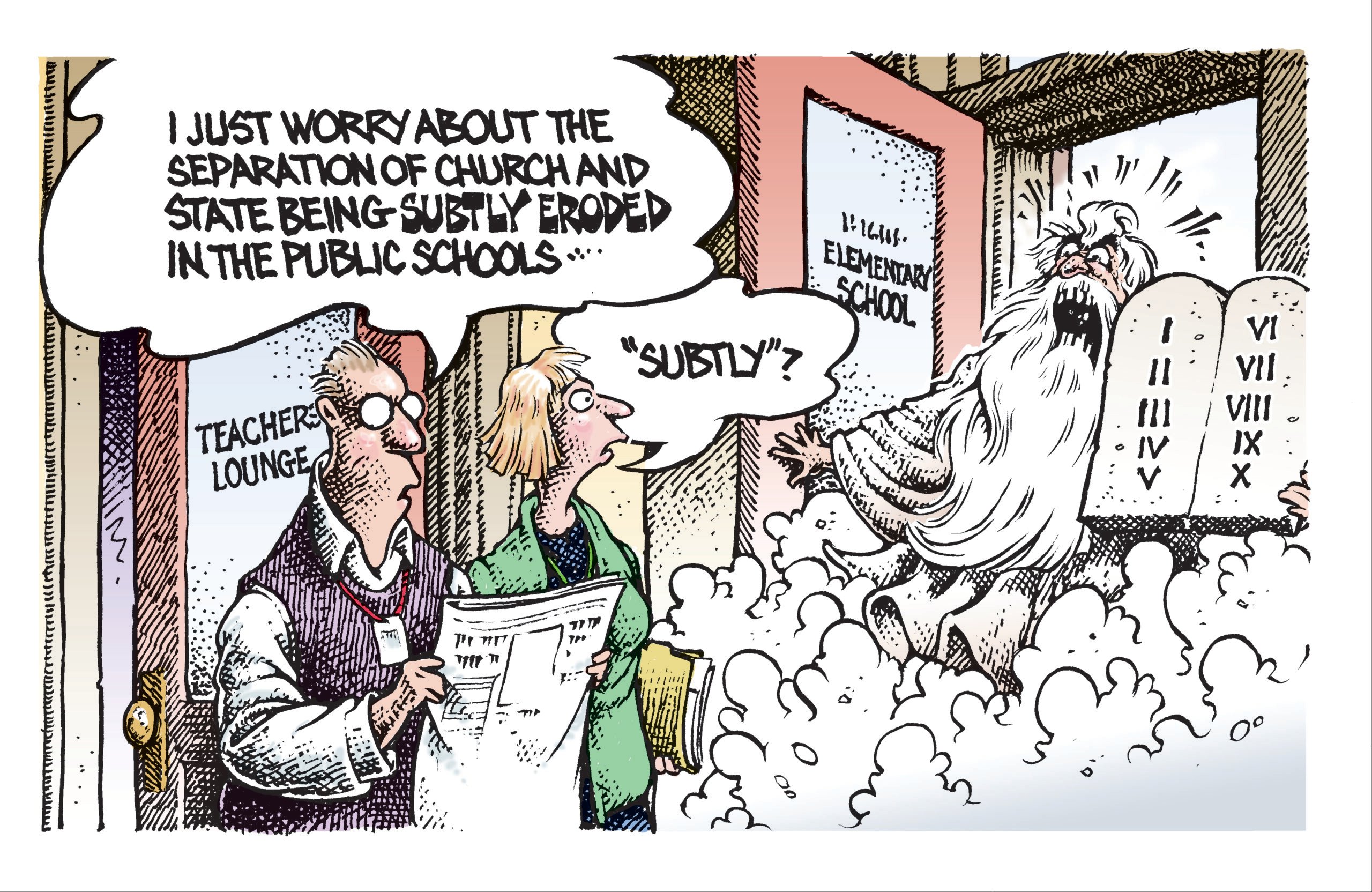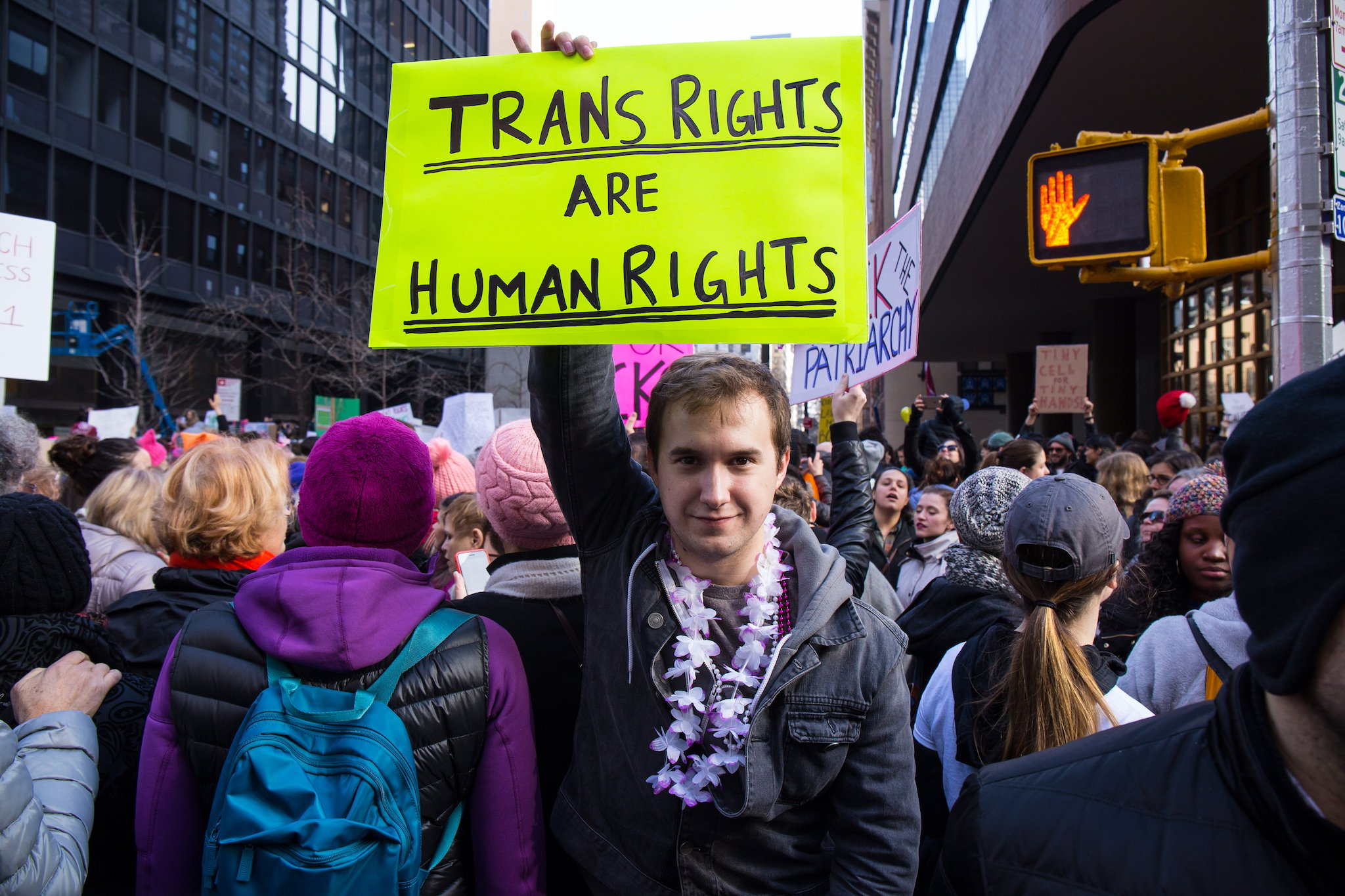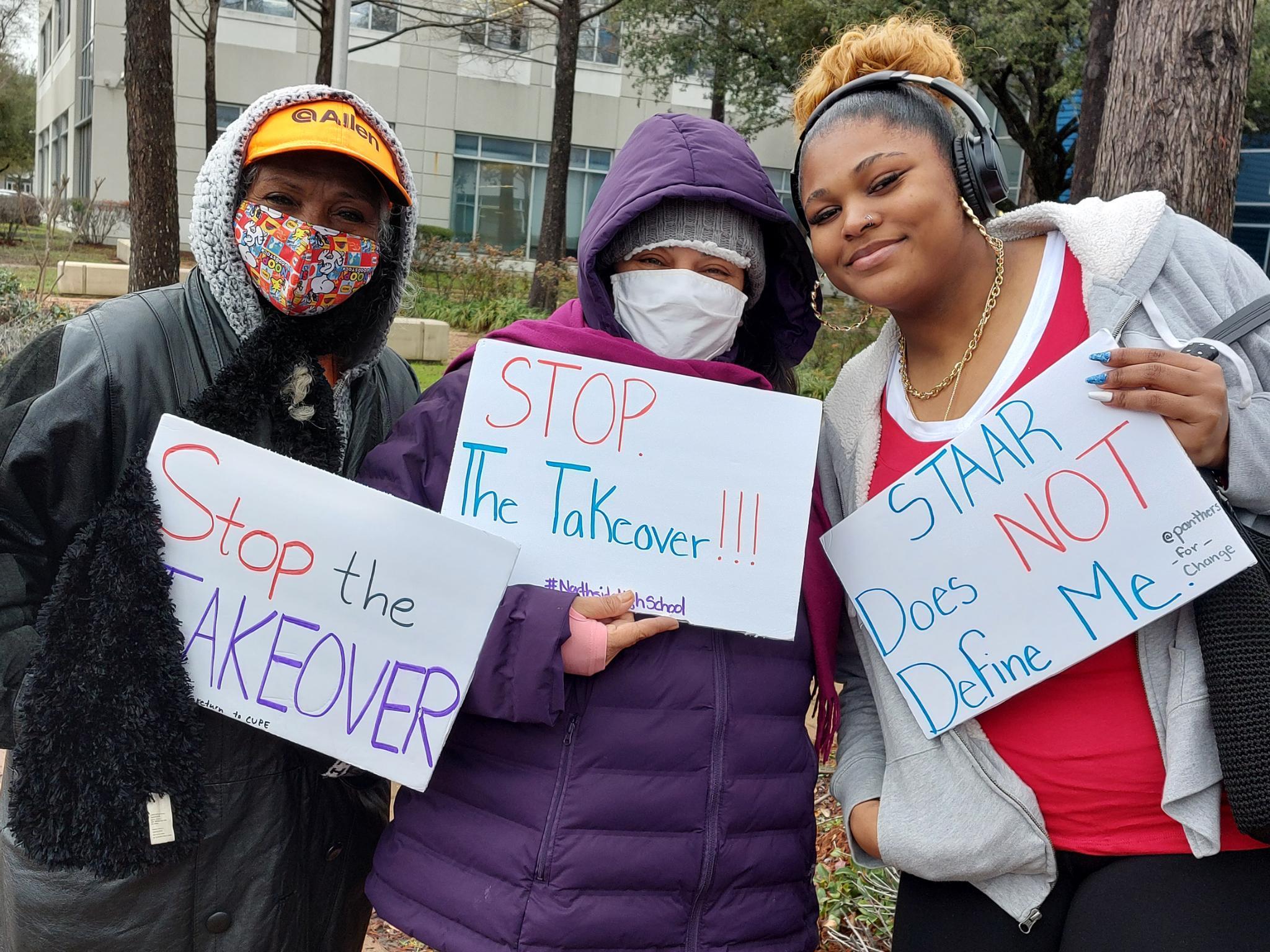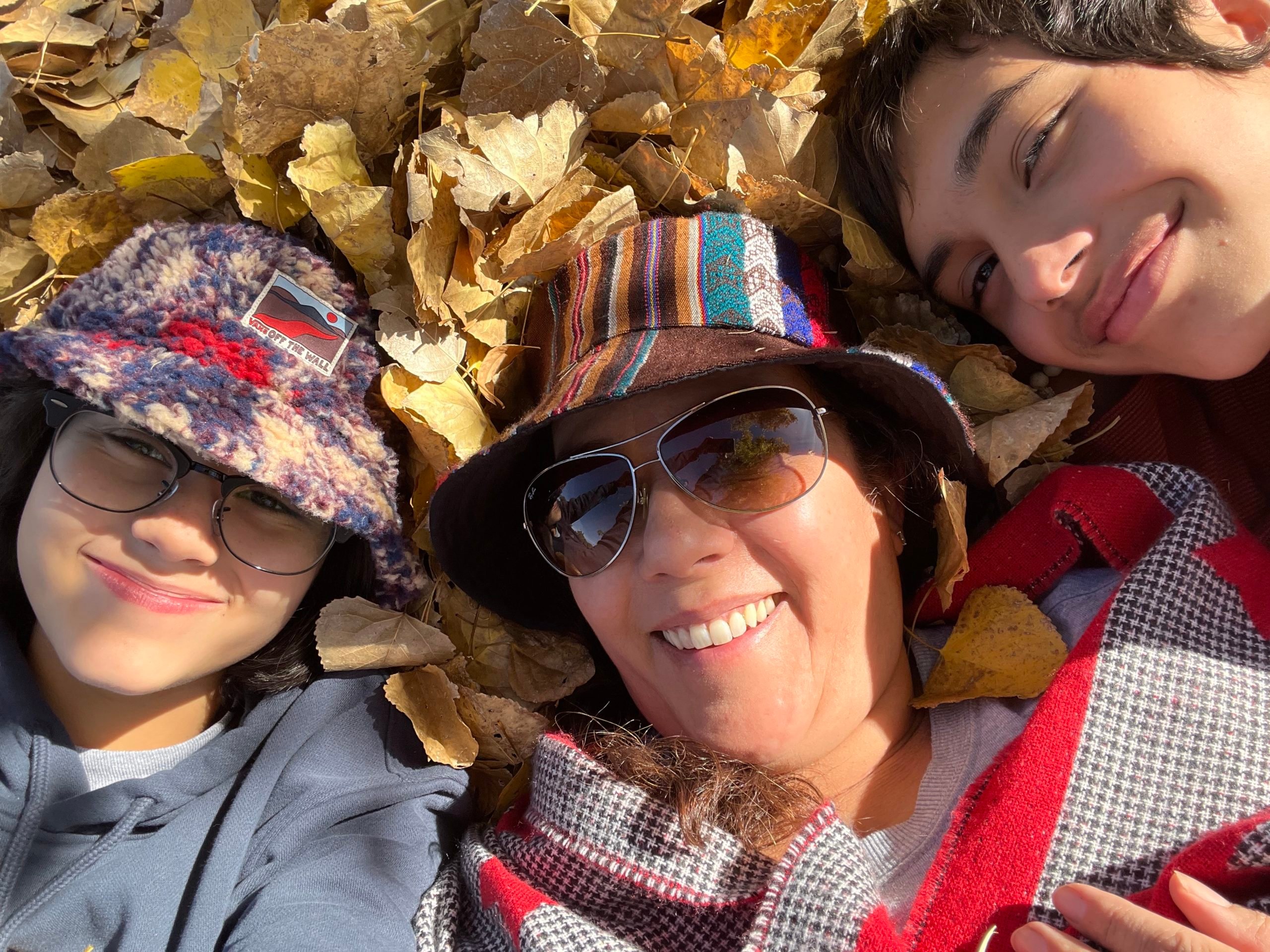
Pawns in the Voucher Scheme
Texas legislators seem to be following Arizona’s playbook by exploiting vulnerable students in the latest efforts to privatize public schools.

Like many other typical teenagers, James’ favorite periods in school are P.E. and lunch. During our phone call, he turned the tables on me, politely asking about my children and work. A 15-year-old student who was born with a tumor and has autism, James actively seeks engagement with others, especially his peers. But for two years, he learned at home in isolation. Arizona’s voucher educational savings account program, called the Empowerment Scholarship Account (ESA), granted him $40,000 of public funds to pay private school tuition. But even with that money, private school after private school denied him admission.
“They first demanded all his files, his IEPs [Individualized Education Plan for students with special needs], but before they would grant an interview, they would give some excuse why his needs could not be met there,” James’ mom Pamela Lang said. “Some gave interviews and tours, and James would get excited. But then they would decline admittance saying they could not accommodate him.”
After every single Phoenix, Arizona Catholic school and a slew of secular private schools rejected James, Lang was finally able to find a school to address his needs. But now, she fears there won’t be enough state funds in the future to afford its costly tuition.
What started in Arizona in 2011 as a $2.5 million state voucher program for students with special needs has now ballooned to a universal voucher program for all of the state’s students, public or private.
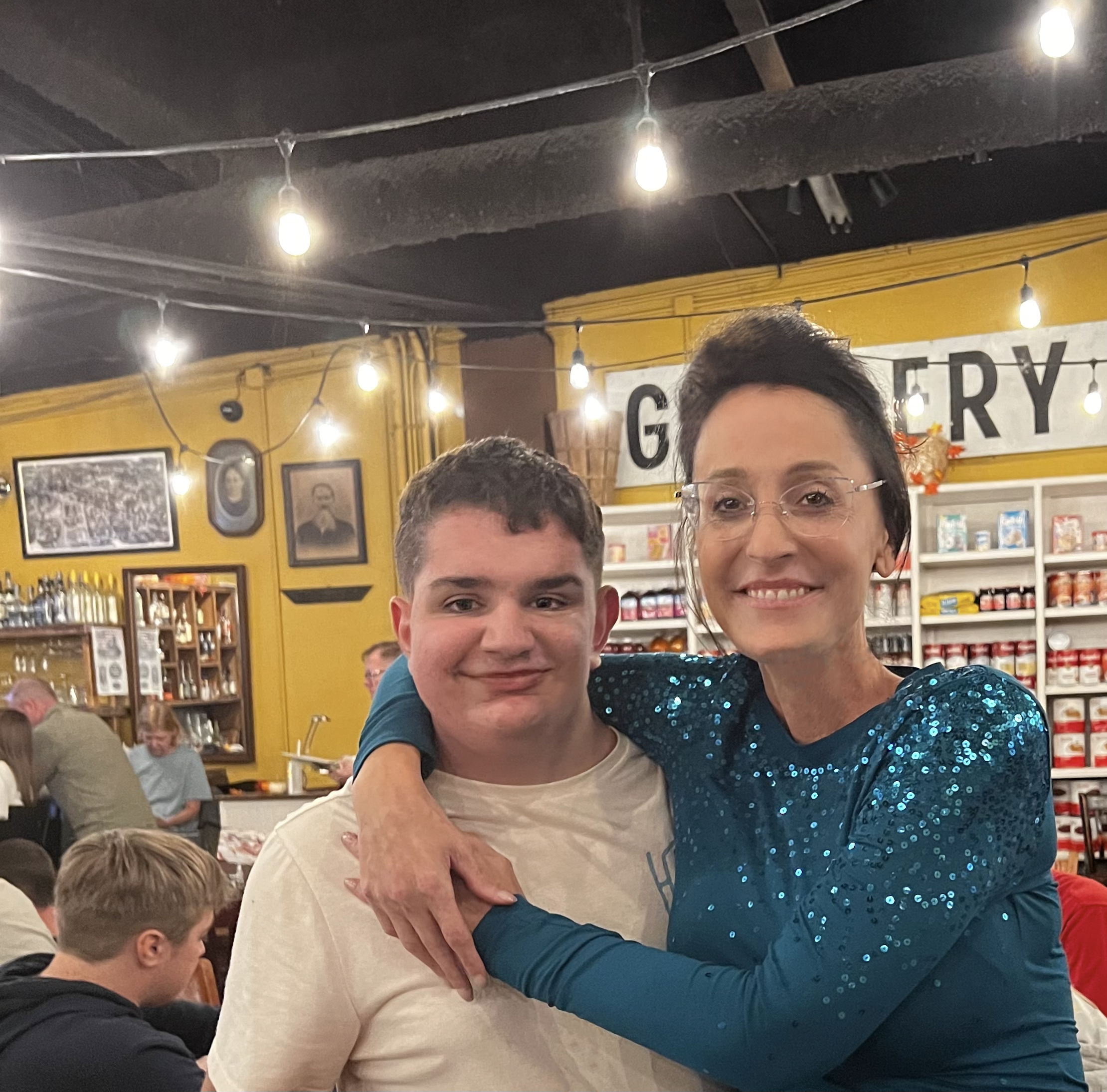
“The state said the voucher was for kids with disabilities but it was just a way in to open the door,” Lang said. “Every single year since the state got the ESA, they just kept expanding it to more and more people, and now, it’s for everybody. We’re just hoping kids with disabilities aren’t going to have nothing left for them.”
In the first quarter of this school year, Arizona already blew through $300 million, awarding 80 percent of the funds predominantly to wealthy students already enrolled in private schools. This will leave a projected $4 million debt in the state’s education budget at the end of the 2022-2023 school year, a debt that public school advocates fear will deplete public school funds further.
Critics say Arizona used vouchers for special needs students as a trojan horse for school privateers to divest, divert, and dismantle the state’s public education system, which now ranks in the bottom three among all U.S. states for per-pupil spending, teacher retention, and teacher pay.
Texas lawmakers are now poised to follow Arizona’s lead. But parents in Arizona are warning Texans to take heed. Their stories are a cautionary tale for our state, which plans during this legislative session to use special needs students to usher in multiple voucher programs.
Arizona’s voucher programs—and the Texas proposals—include both a universal education savings account and a tax-credit scholarship program, both of which would divert public education money from state coffers to enrich private schools, corporations, and wealthy families.
Divest
The country’s first public school education savings account started in Arizona in 2011. The ESA directly appropriates public education money and deposits it into an individual savings account or debit card for parents to use for private school tuition, tutoring, homeschooling, or therapy.
In its first year, $2.5 million of Arizona’s ESA money was directed toward students with special needs. But in subsequent years, expenditures and eligibility for the ESA program expanded to include children attending public schools that received a D or F rating, children in military families, in foster care, and on Native American reservations. Then in 2017, legislators attempted to pass universal vouchers for all students. The proposal was beaten back twice by public school advocates but passed in 2022.
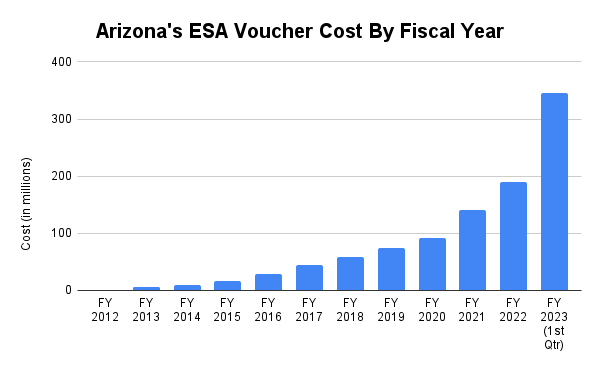
Since its inception, Arizona’s ESA program has stripped more than $963 million from public school funds.
Texas House Bill 557, filed by Representative Cody Vasut, is a universal voucher program from the get-go. It would enable an unlimited number of students to receive reimbursements for up to $10,000 in private school tuition, the full per-pupil allotment in Texas. If all 309,000 private school students in Texas decided to apply for a voucher under this bill, public schools could lose $3 billion in state funding after one year alone. The impact could bankrupt a system in Texas which already ranks in the bottom 10 states in per-pupil funding.
Beth Lewis, director of Save our Schools Arizona, warns Texans that such a voucher program never gives back as much as it robs from public education.
“They sell it under the guise that the money’s following the child,” Lewis said. “But if you were already in a private school or a homeschool situation, that money’s not following you. It’s never been allocated to you. So in reality, it’s a subtraction from a student in the public school. Then, you’re never going to have an equitable system where every kid can access quality education.”
Besides the education savings account program, Arizona has a second type of voucher program that directly funnels public money to private schools—the tax credit scholarship program.
“In reality, it’s a subtraction from a student in the public school. You’re never going to have an equitable system where every kid can access quality education.”
In 2006, Arizona expanded the tax credit scholarship program to target its most vulnerable populations—students with disabilities, students from low-income families, and students in foster care. Under this program, corporations claim a dollar-to-dollar tax credit against their corporate income tax or their insurance premium tax when they donate to third-party nonprofit administrative entities, known in Arizona as a “school tuition organization,” or STO.
Then the STOs take 10 percent for overhead and disburse the remaining 90 percent to private schools for students’ tuition.
Instead of going through the state treasury and potentially to public schools, the tax credit program directly infuses private entities with state tax money. Since its inception in 1998, Arizona’s tax credit voucher programs have grown by 4,000 percent and have siphoned more than $2 billion from the state’s general revenue. The system is rife with abuse.
Arizona Christian School Tuition Organization (ACSTO) is Arizona’s largest STO. Since 1998, ACSTO has accumulated a total of $300 million in donations. According to a New York Times investigation, its executive director Steve Yarbrough collected a six-figure salary from the nonprofit organization while serving as the president of the state Senate. ACSTO paid outsourcing fees to another company and rent for property both owned by Yarbrough. He is also a co-founder of Valley Christian School, which has collected $23 million in scholarship money since 1998.
“There’s no financial accountability, there’s no academic accountability … most of it is just profiteering and grifting,” said Lewis, the Arizona public school advocate.
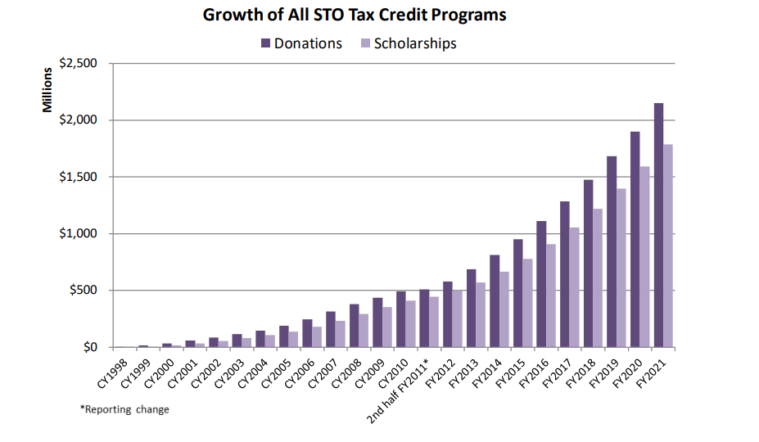
Texas House Bill 619, filed by Representative Matt Shaheen, and Senate Bill 176, filed by Senator Mayes Middleton, resemble Arizona’s corporate tax credit scholarship program. Like Arizona’s program, corporations can claim a dollar-to-dollar tax credit against their insurance premium tax. Under SB 176, corporate donors can also opt for a tax credit of up to “100 percent of the entity’s state premium tax liability.”
Patty Quinzi, legislative director of the Texas American Federation of Teachers, said SB 176 would enable corporate donors to game the system to extract more than they actually donated.
“The bill has a built-in tax giveaway to the business sector at our schools’ expense,” Quinzi said. “This hurts teachers, who spend hundreds of dollars of their own money to buy basic school supplies, and it hurts students, who lose valuable funding for support services and extracurricular programs.”
Like Arizona’s initial program, both bills prioritize Texas’ students with special needs. HB 619 also includes students in foster care, in a military family, and in families with incomes up to $100,000 for a family of four. And both, like Arizona’s law, permit higher tax credits in subsequent years. SB 176 proposes a $200 million cap in its first year to increase by 25 percent of the previous year’s amount each year. This means, if SB 176 passes, the Texas treasury could lose more than $2 billion in revenue over five years alone.
“This hurts teachers, who spend hundreds of dollars of their own money to buy basic school supplies, and it hurts students, who lose valuable funding for support services and extracurricular programs.”
Last winter, the Texas Commission on Special Education Funding held multiple hearings to address a critical shortfall in special education funding. In 2018, the U.S. Department of Education found that Texas violated federal laws requiring schools to identify and serve all students with disabilities. Up until then, the Texas Education Agency had put an 8.5 percent cap on the number of students eligible to qualify for special education services. The agency has since removed the illegal cap, and the evaluation of special education students has grown by 44.5 percent since 2012. But along with that, so has the need for more resources.
During the hearings, voucher proponents—including religious schools, the Catholic Diocese of Dallas, the Texas Private Schools Association, and Koch-connected organizations like ExcelinEd, EdChoice, and the Texas Public Policy Foundation—made the case that Texas’ special education funding needs would be better solved by a voucher educational savings account.
Public school district superintendents and disability advocates, like Disability Rights Texas’ senior policy specialist Steve Aleman, disagreed. Aleman argued that vouchers would roll back any progress Texas has made toward serving special needs students and pull funding away from a system already in dire need of more money.
“This is really about servicing private schools. It’s not about public special education programs,” Aleman said.
Disempower
Arizona parents of children with disabilities warn that their experiences with vouchers have often been negative. Unlike public schools, which are required by federal law to admit and teach all children regardless of their disabilities, charter schools and private schools are not.
After Lang pulled her son James out of public school, she attempted to use her ESA money to get James admitted into the special education programs in Phoenix’s Catholic schools. She had seen advertisements about a special education program in the Catholic Diocese of Phoenix called the Matthew 19:14 Project. Its website quotes Pope Francis, stating, “An inclusive education finds a place for all and does not select in an elitist way the beneficiaries of its efforts.” James was rejected from every school in the diocese.
Lang then tried other secular private schools, which were advertising special education programs. Both the New Way Academy and On Track Academy rebuffed James. Afterward, On Track Academy clarified their definition of disability as limited to dyslexia and anxiety. Desert Garden Montessori didn’t offer any aides for special needs children.
“I wrote every pathetic letter, basically selling my kid and begging them to take him, and they would still be like, ‘No, he’s got this and that.’ Or they’d just say that they can’t serve his needs there,” Lang said. “It’s just a constant slog.”
Parent Raquel Mamani put her twins back in a Phoenix public school after a local private school admitted one of her children and denied the other who’s been diagnosed with multiple learning disabilities. The school gave both children a 30-minute test on the computer to determine their admission qualifications.
“The money is being poured into these private schools, but we see many special education students end up right back at the public school,” Mamani said. “They always talk about how it’s the parent’s choice, ‘power to the parents.’ But it’s not the parent’s choice. It’s the private school’s choice.”
Parents waive most federal legal protections for children with disabilities when they pull them out of the public schools and enroll them in a private voucher program that does not receive federal funds. The federal laws that protect students with disabilities are:
- The Individuals with Disabilities Education Act (IDEA) requires public schools to identify and evaluate students with disabilities, craft individual educational plans (IEPs), ensure an inclusive environment, and provide parents with timely communication and access to student records.
- Section 504 of the Rehabilitation Act prohibits public schools that receive federal IDEA grants from discriminating against or preventing students with disabilities from participating in academic programs or extracurricular activities. It also ensures that students with disabilities can access school facilities.
- The Americans with Disabilities Act (ADA) prohibits discrimination against any person with a disability by requiring auxiliary aids and services and ensuring legal recourse if one is retaliated against for reporting violations. While secular private schools are subject to the ADA, religious private schools are not.
Based on data from Arizona’s Department of Revenue, at least 70 percent of all private schools receiving scholarships from the tax credit programs are religious schools, exempt from federal or state civil rights laws.
Parent Sabine Triplett has always felt like she had to fight the Houston Independent School District to get services for her son Nils, who is dyslexic. But she was able to use the law to ensure his needs were met. When Triplett realized Nils was not receiving the reading support he needed under both Section 504 and IDEA, she was able to call for an Admission, Review, and Dismissal meeting with a team of teachers and specialists who oversaw Nils’ IEP. Through this process, Nils received dyslexia reading intervention, oral test administration, and extra study guides. If the ARD meeting had not been successful, Triplett knew she could file a complaint.
“I dedicated my time to advocating for Nils, researching and learning all this stuff. We decided he was better off in public school, where if the services were available, I could figure out how to get it for him,” Triplett said.
“They always talk about how it’s the parent’s choice, ‘power to the parents.’ But it’s not the parent’s choice. It’s the private school’s choice.”
Besides waiving legal protections, parents of students with special needs may be left in the dark about how their child is faring in a private school. Public data on how the voucher system is serving any student, not only students with disabilities, is scarce because private schools are not required to report data. While public school districts must report state standardized test scores as well as disciplinary actions, incidents of harassment, bullying, and discrimination to the U.S. Department of Education, private schools are not required to do so. Aleman said that under a voucher system, “parents are just their own advocate, without any legal standing beyond what is in that [private school] contract, and that is systemically not fair to students with disabilities.”
Notably, on the same day Texas Representative Vasut filed a proposal for an educational savings account, he also filed HJR 37, a resolution to amend the state constitution to forbid state and local government regulations of private schools and homeschools. This means that private schools and homeschools taking state voucher funds may never have to require state standardized tests or report their students’ academic performance.
After searching for two years, Lang finally enrolled James in the Pathways School, dedicated to teaching students with disabilities. But after finding out that the school separated James from other students and sat him in front of a computer in the lobby all day, Lang withdrew him a few years later. Desperate, Lang later put James in a homeschool agency named Prenda. Prenda’s teacher held classes for eight students in her living room and often canceled at the last minute. Lang withdrew James from the school when the teacher asked her to hire a personal aide for James, saying that “she couldn’t handle him in the house.” (In 2021, Prenda was investigated by the Arizona attorney general for its use of such in-home educators.)
“They’re just scams. They’re not there for the kids. They’re just there to collect easy ESA money. They’re not really investing in teachers. They’re not investing in programs or in the infrastructure of the building. They’re just collecting,” Lang said.
Divert
Arizona’s voucher program was sold as a way to serve special needs students in the public school system. But these students make up only 27 percent of current ESA recipients. Students from low-performing schools make up only 1.5 percent.
According to a study conducted by the Grand Canyon Institute, a nonpartisan public policy research group, 45 percent of universal ESA applicants in 2022-2023 came from the wealthiest quarter of students in the state. Eighty percent of universal ESA applicants were already attending private schools or homeschools. Because Arizona’s $7,000 per-pupil allotment only covers a fraction of the tuition for private schools, most low-income students remain in public schools.
“Who’s going to be able to pay the difference if I only have $7,000 and I’m a single mom who works every day. I don’t have the money to pay the difference. My child’s going to end up in public school anyway. Or we see private schools that are about $6,999 crop up to take these voucher dollars. But they’re not quality schools,” said Mamani, one of the Arizona mothers.
As in Arizona, national conservative organizations have long set up shop to push vouchers in Texas. This includes Betsy Devos’ Texas Federation for Children, Koch-connected EdChoice Texas, the Heritage Foundation, funded by the Koch brothers, Betsy DeVos, and Texas oil billionaire Tim Dunn, the Texas Public Policy Foundation, which is a member of Koch’s State Policy Network, Heritage Foundation-supported Mom’s for Liberty, and Defend Texas Liberty and American Family Association, both funded by Texas oil billionaires Farris Wilks and Tim Dunn.
Wilks and Dunn’s goal is to “tear up, tear down public education to nothing” and replace it with private Christian schools. DeVos has stated that these organizations are working “to build God’s Kingdom.”
“There are different groups that are in this for different reasons, but they’re very deep-pocketed special interests that are working to prop up vouchers,” Lewis said. “You’ve got other folks that are just in it for profits … and then you have religious lobbies or extremist MAGA folks. It’s been absolutely devastating to our public education system. We’re gonna start to really feel it over the next few years. And at that point, it might be too late.”
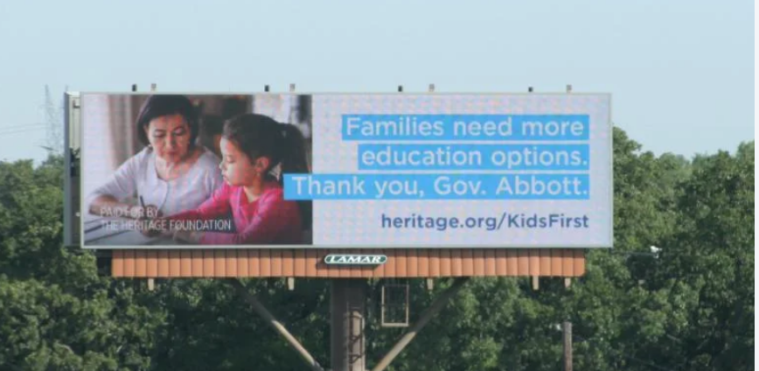
Dismantle
While the privateers continue to enrich themselves, it’s public school students and our most vulnerable populations that ultimately pay the cost. The majority of Arizona’s special needs students, 95 percent, still attend public schools. But vouchers continue to drain public schools of resources, and in turn, drive out teachers in droves.
As of the beginning of this school year, 22 percent of teacher positions across Arizona were still unfilled, as were 19 percent of special education positions. To compensate, last summer former Arizona Governor Doug Ducey signed a new law that would no longer require teachers to have a college degree when they start out.
Vouchers have created a downward spiral for Arizona’s education system—a vicious cycle of budget cuts and deteriorating educational standards that leave some parents to believe that private education is the only option.
Parent Amy Pedotto decided to withdraw her daughter Zoe from public school after fourth grade and enroll her in the state’s ESA voucher program, fearing class sizes would grow too large for her daughter, who has autism, ADHD, and difficulty processing auditory information.
“Her first four years at that school, she [Zoe] had veteran teachers who had been teaching for years and they knew how to work with her,” Pedotto said. “But our teachers are leaving. It’s a mass exodus.” At some point, she added, public education “becomes no longer viable.”
“Our teachers are leaving. It’s a mass exodus.”
Money lost through vouchers and charter schemes has already forced Arizona to slash its public school budget by $4.56 billion since 2009, according to research by the Arizona School Boards Association. This includes a $256 million cut for major school repairs and new buildings and a $2 billion cut to capital funding that pays for textbooks, desks, and other basic needs. To make ends meet, some districts have eliminated bus routes and classes.
The state will see another $4 million shortfall after this year.
Even though Pedotto’s daughter uses an ESA, she admits that vouchers create a lose-lose situation—for parents who choose vouchers and for those who remain in public schools with reduced resources.
“Those [special needs students] who use vouchers attend private schools because they offer smaller class sizes, not because they are focused on serving students with disabilities,” Pedotto said. “Now, those same kids will have to compete for enrollment with students who don’t have disabilities and are less expensive to educate. So special education students who remain in the public education system, and by far the majority do, will continue to experience the impact of the legislature’s failure to fund education.”
Lang says her son James has a “more generous view of humanity” than she does. After years of struggling to secure an education with vouchers, Lang is skeptical that his current private school education can continue if the universal voucher program continues to grow.
“Kids with disabilities were used. It was never about them.”

